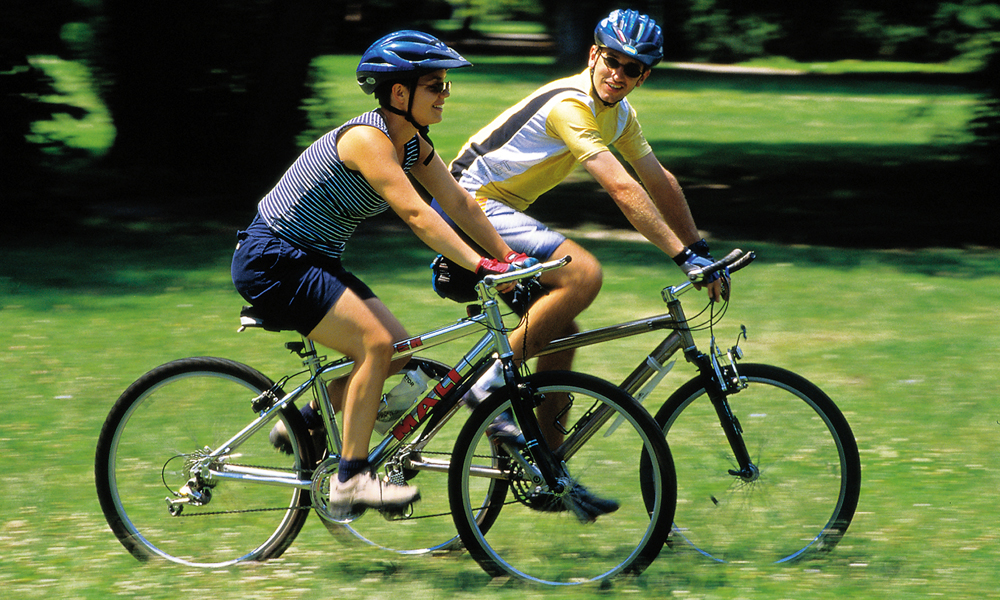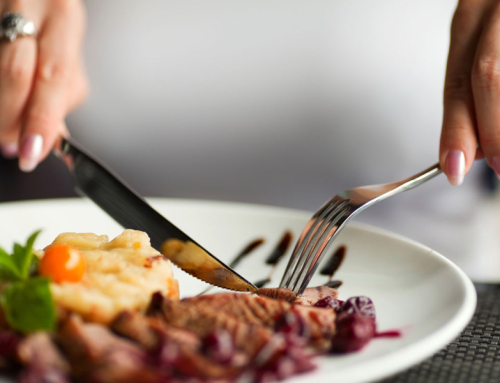| Cycling for 1 hour | 130 lb | 155 lb | 185 lb | 205 lb |
|---|---|---|---|---|
| Cycling, 12-13.9 mph, moderate | 472 | 563 | 654 | 745 |
| Cycling, 13.9-15.9 mph, vigorous | 590 | 704 | 817 | 931 |
| Cycling, 16-19 mph, very fast | 708 | 844 | 981 | 1,117 |
| Cycling, > 20 mph, racing | 944 | 1,126 | 1,308 | 1,489 |
Many cyclists are in great shape and have toned bodies. This is because cycling is a great cardio activity that burns its fair share of calories. It’s difficult to determine the exact number of calories since bike positions differ, all cyclists are different, and the terrain and bike that one rides are different. All those factors just mentioned make a difference in how much effort and work a rider has to exert. On average, a cyclist weighing in at 180 pounds burns about 650 calories each hour when cruising at a medium pace.
In order to make your cycling effective for weight loss, it is recommended to burn 500 calories beyond what you consume. The daily recommended calorie intake is 2,000, so if you meet that criteria, you would have to burn 2,500 calories to lose weight. This is the equivalent of approximately 4 hours for a 180 pounds person at moderate effort. With training and determination, this can be accomplished!
Does Body Type Matter?
Of course it matters. Those with more muscle have more muscle tissue, which needs energy, in the form of calories, to work. Therefore, those with more muscle mass will burn more calories than those with less muscle mass.
Extending this logic to gender, men will probably burn more calories than women, given that an average man has more muscle mass than an average woman.
Your metabolic rate also determines the amount of calories your body expends. Those who have higher metabolic rates will burn more calories.
Additionally, your fitness level and size make a difference. Those who are thin require less effort to pedal and acquire a higher speed faster than those who weigh more. It takes more calories to move something heavier and maintain that speed. For example, a man weighing 200 pounds will need to exert more force, thereby burning more calories, than a 120 pound man performing the same activity.
How Do I Increase the Calories I Burn Cycling?
Try riding on varying terrain. Going up hills will force your body to work harder and break a sweat. Also, mountain trails are harder to ride than on flat, smooth surfaces. In general, you want to pedal out of your comfort zone and ‘trick’ your body by alternating different surfaces and terrains.
This article is just provides general information how to lose calories biking. As can be gleaned from the material above, it really depends on your personal weight, fitness level, and cycling environment. To really measure your workout, consider investing in a bike computer.












